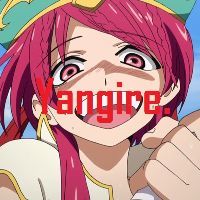Anime is, by its nature, in love with formula. As fans we look for it, and often we're disappointed when a show doesn't abide by it. Formula can be a positive or a negative, but it's not intrinsically either - like most things, it depends on how it's used.
When it comes to formula in anime, what we're usually talking about are "anime tropes". In point of fact, when anime fans refer to a trope, sometimes they're actually talking about memes - yes, they're different things - and most of what we call anime tropes are actually a combination of the two. I would refer to them as "Tremes" but HBO has that copyrighted and "Mopes" just doesn't cut it...
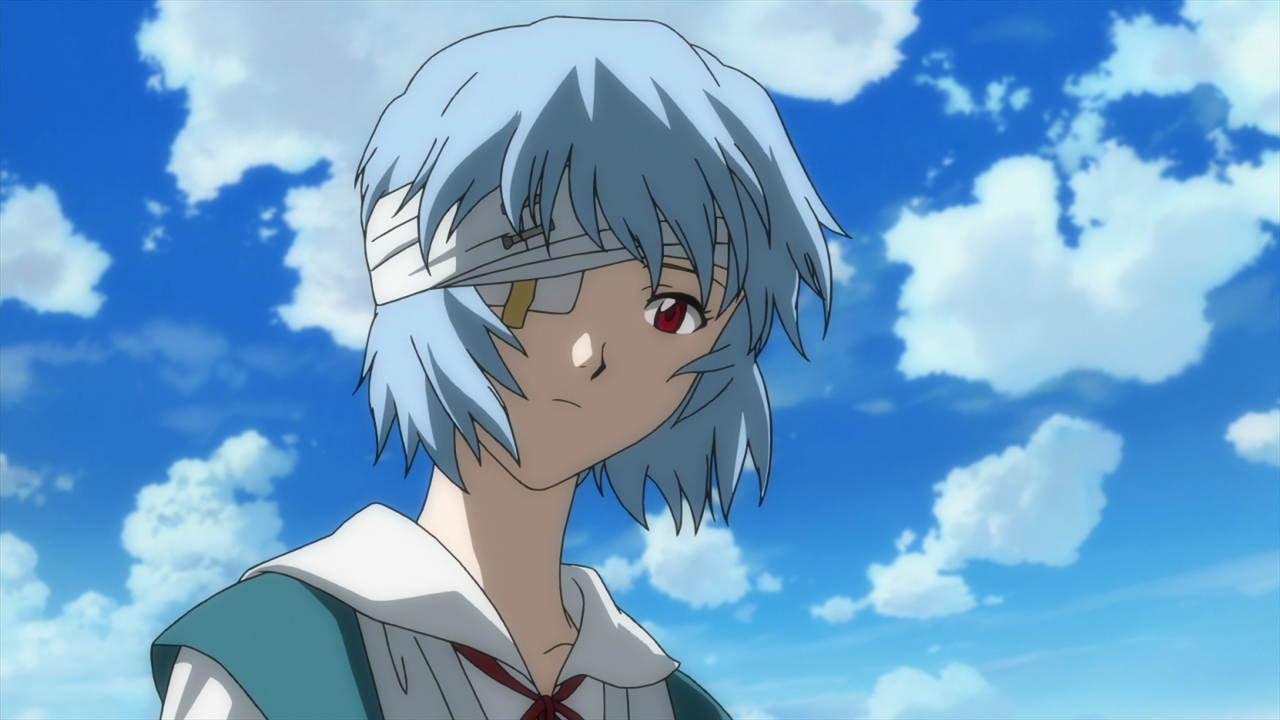
For the purposes of this article, I'll just talk about what we commonly call anime tropes. In anime, most tropes are character tropes, so that's going to be my main focus. And since most character tropes in anime these days are based on female characters, that's going to be most of what I talk about. But not all of it. Also please be aware that by no means could I cover all of them, even if I had ten times the space I do here - and ten times the patience. Fortunately for all of us, I have neither...
The thing is, tropes have to start from somewhere - and most anime tropes started from before TV anime as a medium existed. Some of them come from manga, but some are even older than that. We'll worry about anime tropes and character tropes for our purposes, though, and within anime there are some characters and some series that are so elemental that they aren't just representatives of tropes - they define them. And with no series is that more true than with Neon Genesis Evangelion.
Shinji - poor, misunderstood Shinji - is made up of so many different character types that he doesn't really exemplify any one of them. And don't forget about his father Ikari Gendou, who is the archetypal bad dad and Misato, who is the archetypal "hot teacher". But the definitive trope characters are of course Asuka, who probably comes as close as any character ever to exemplifying the Tsundere ("hot and cold", alternating between aloof/hostile and lovestruck) - one of the most elemental anime tropes there are, though thankfully less predominant than it was several years ago. And then there is Rei, who has come to define the Kuudere (cold as ice on the surface but roiling underneath). Though I tend to believe she's actually more a Dandere (shy, awkward and quiet, but blossoming like a flower in just the right circumstances). Rei is such an archetype, in fact, that she has one named after her, the "Rei Ayanami Expy", which would take me longer to explain than the series' 26 episodes.
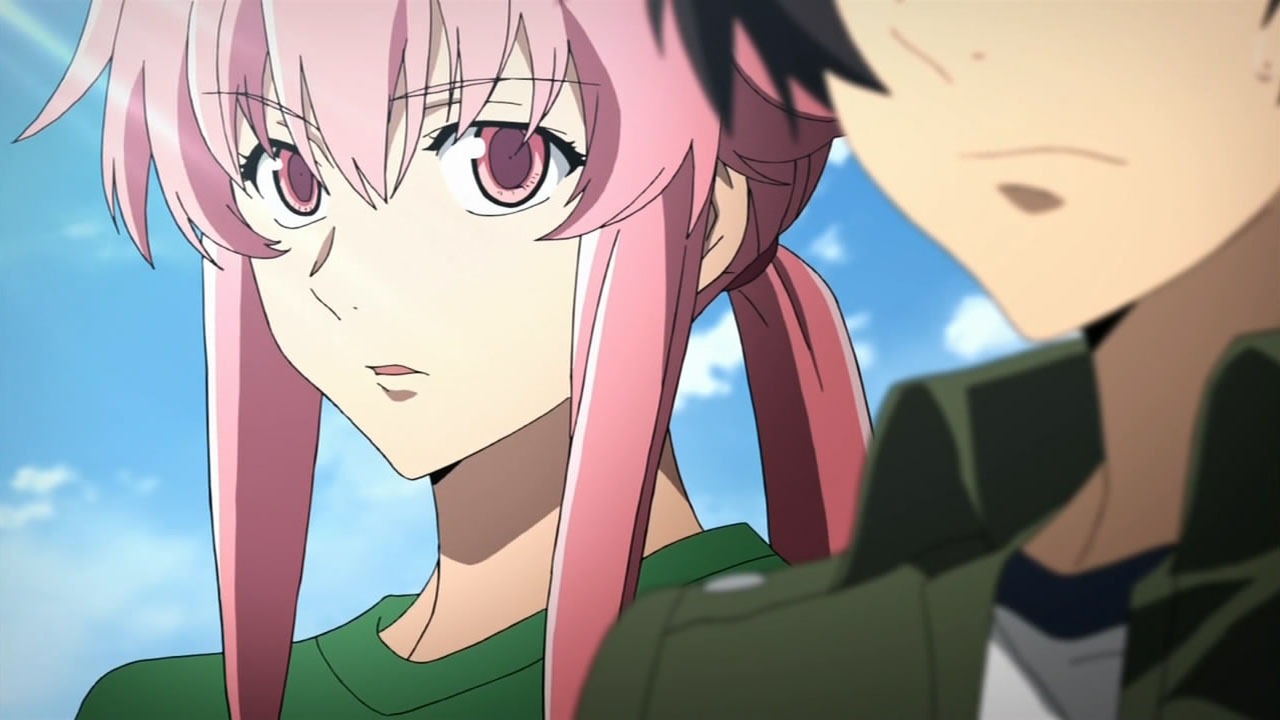
"-dere" is probably the most famous family of character tropes. In addition to the above, there's the psychotically love-obsessed Yandere, so perfectly exemplified by Yuuno Gasai from Mirai Nikki among others. But there are many more female character tropes than fit under the -dere umbrella. We have the Osananajimi, the patient and normally ill-fated in romance childhood friend of the lead (generally a girl, though the osananajimi can be a boy as well - a pessimist might apply this to Taichi from Chihayafuru.
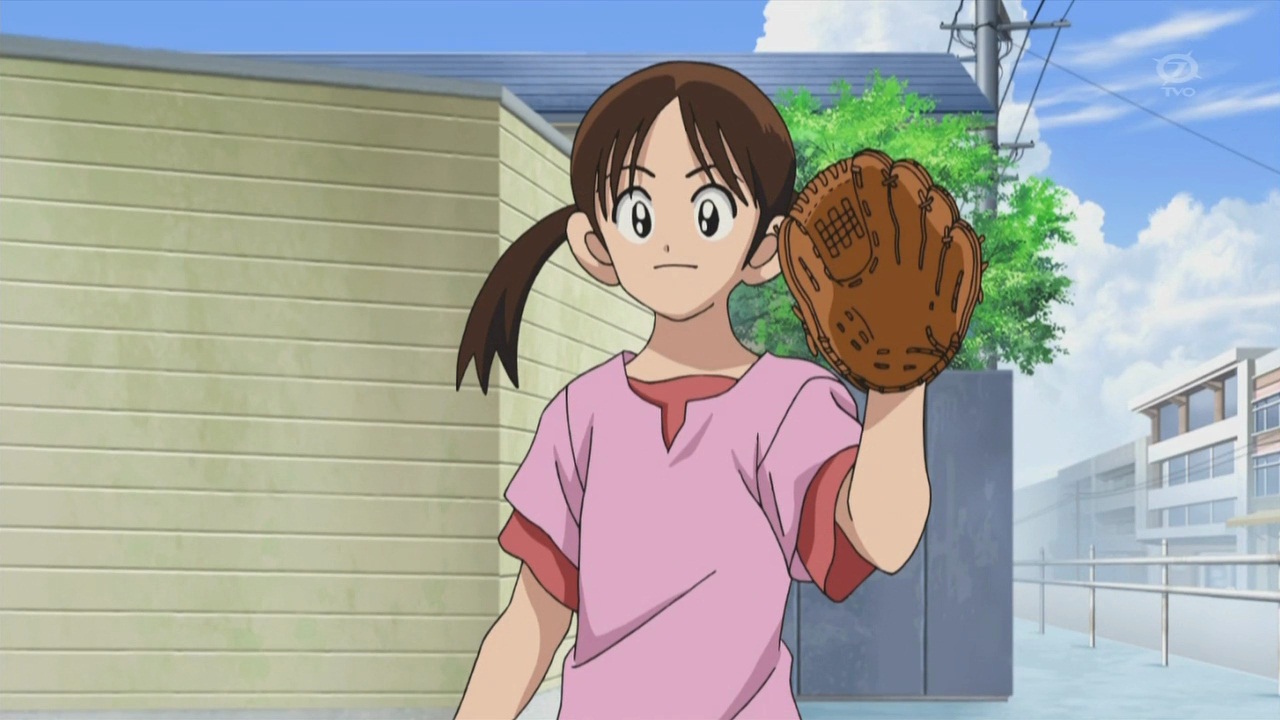
Then we have the Lolimouto, the hyper-kawaii little sister character. There are innumerable offensive examples of this in recent anime history, but I'll single out the rare one that's done right - Momiji from Cross Game (miraculously Adachi Mitsuru also manages to get the tsundere right in this series with Aoba). You've also got the lovably clumsy Dojikko and the exhaustingly energetic and chipper Genki Girl. And let's not forget the Yamato Nadeshiko, the exemplar of traditional Japanese femininity - my favorite anime example being Yune from Ikoku Meiro no Croisee.
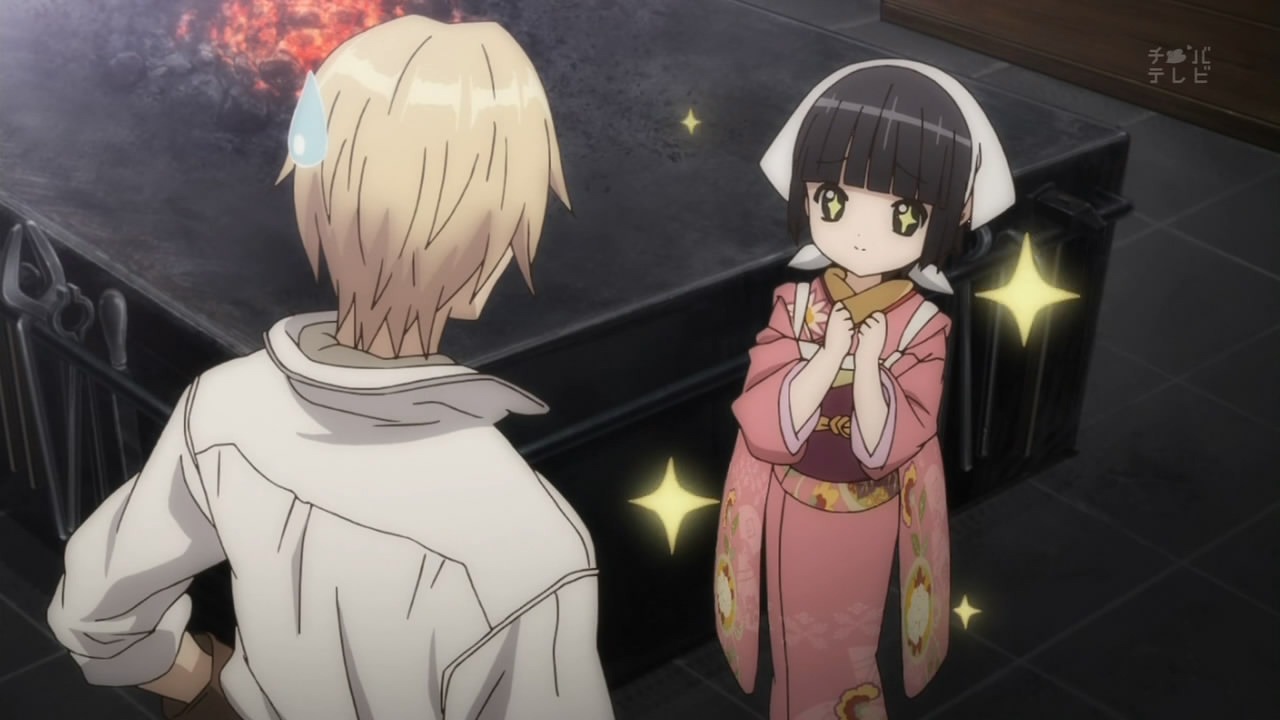
What about the guys, then? Well, girls are the big business in anime these days, but there's also money being made in the BL genre, which has its own list of anime tropes and character tropes as long (and by devotees just as revered) as the Magna Carta. Sone of the above can apply to boys too, as stated, but more common for the Y-Chromosome fraternity are the stoic mecha protagonists - dudes like Inaho in Aldnoah Zero. And of course the boring generic harem lead we've become depressing familiar with in VN and LN adaptations - the audience-insert character, in effect.
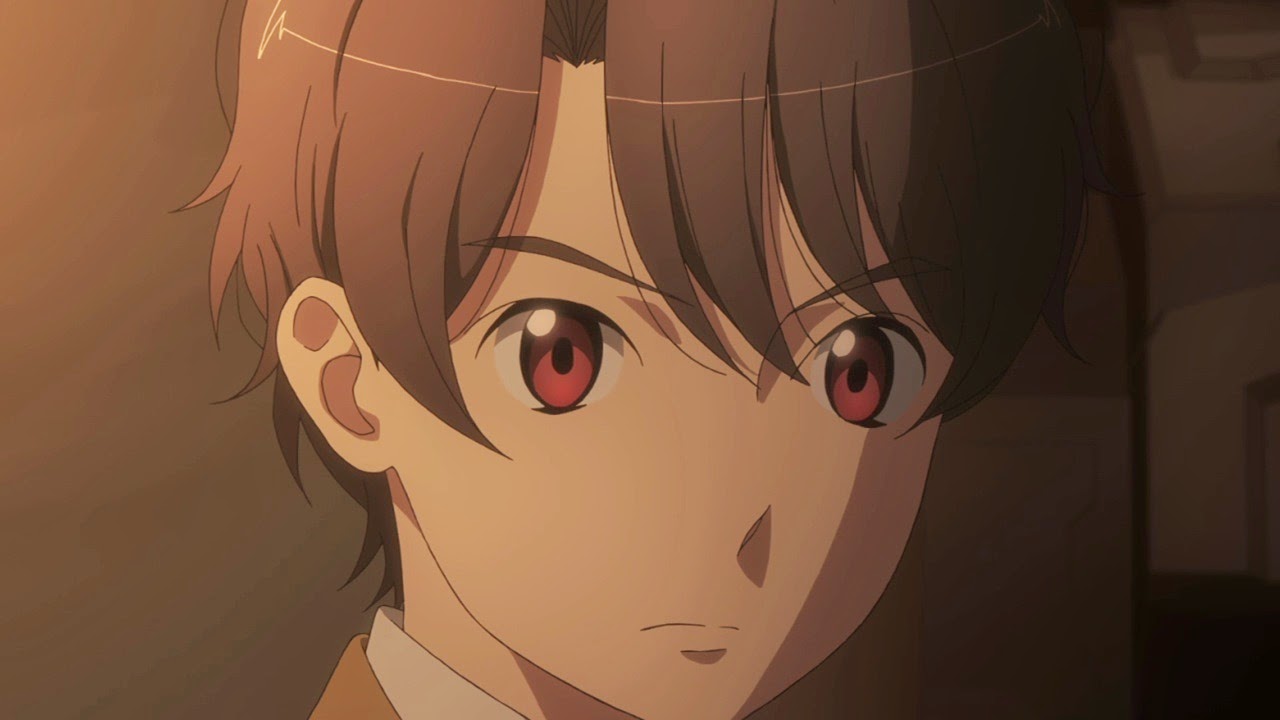
What else? Well, anime has a history of great Aniki - big brother types like Gene (to Jim) in Outlaw Star. Then there's the "magnificent bastard" - I think Wang Qi from Kingdom is a great anime example, though Tywin Lannister might be the best in any medium. Key adaptations wouldn't be complete without the "buttmonkey" best friend of the male lead, guys like Kitagawa Jun from Kanon. The reclusive Hikikomori is a lot more than an anime trope (it's a severe social problem in Japan) but trope it is - one need look no further than Satou in NHK ni Youkoso! for one whose hikikomori tendencies are the basis of the entire series.
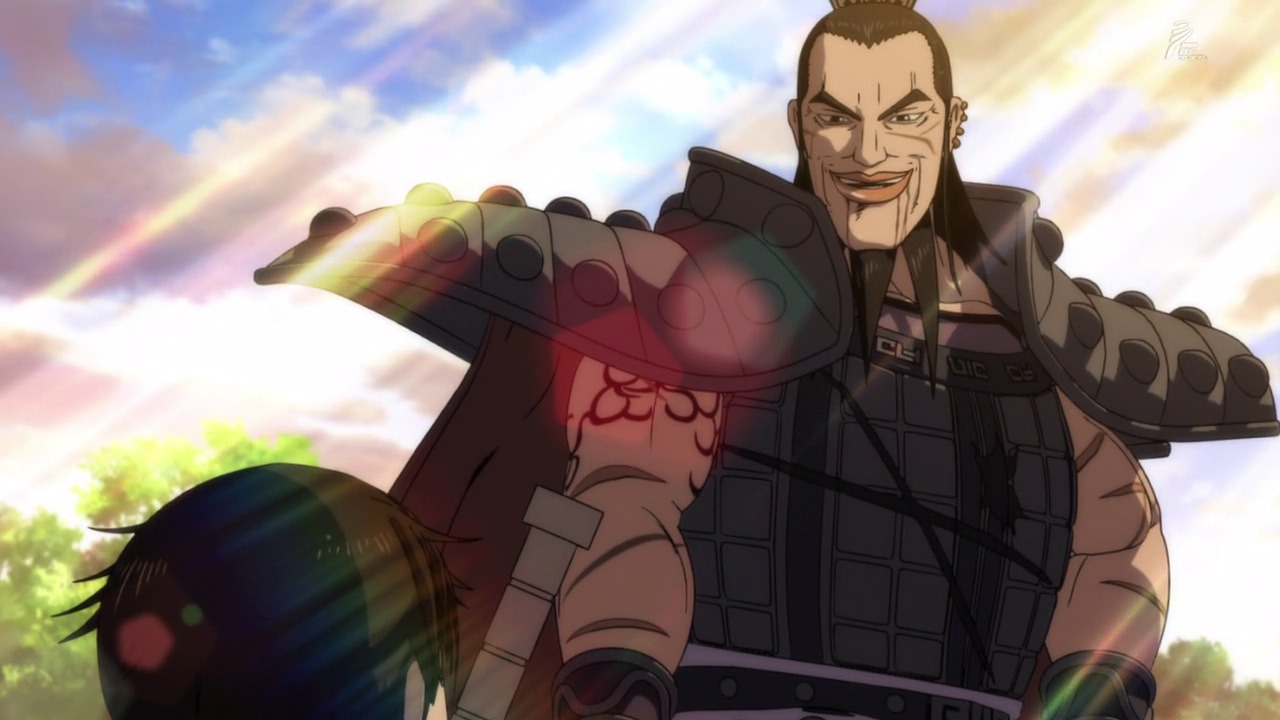
One mostly - but not entirely - male character trope that deserves its own paragraph is the Trap (think Admiral Ackbar) because while it's been around for decades, the trap has become a ridiculously popular character class in recent anime. Examples abound but on the humorous side, you'll never see this anime trope executed better than Mako-chan from Minami-ke. We have our "reverse" traps too, of course, like Jun from Natsu no Arashi.
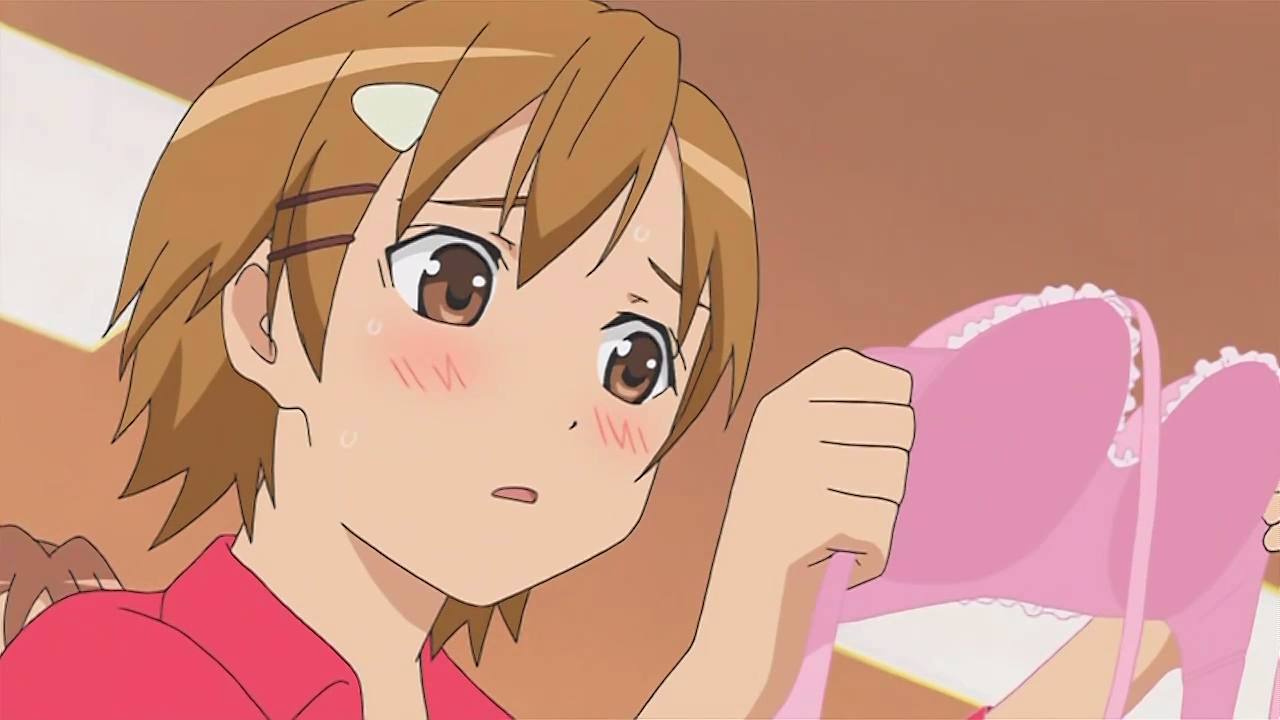
Lest one think all anime tropes are character tropes for there are certainly others - the child living alone, the romantic scene in the snow (White Album 2 nails it) and that sports anime and general shounen mainstay, the training arc. But that too would be a subject that would require a lengthy post all on its own.
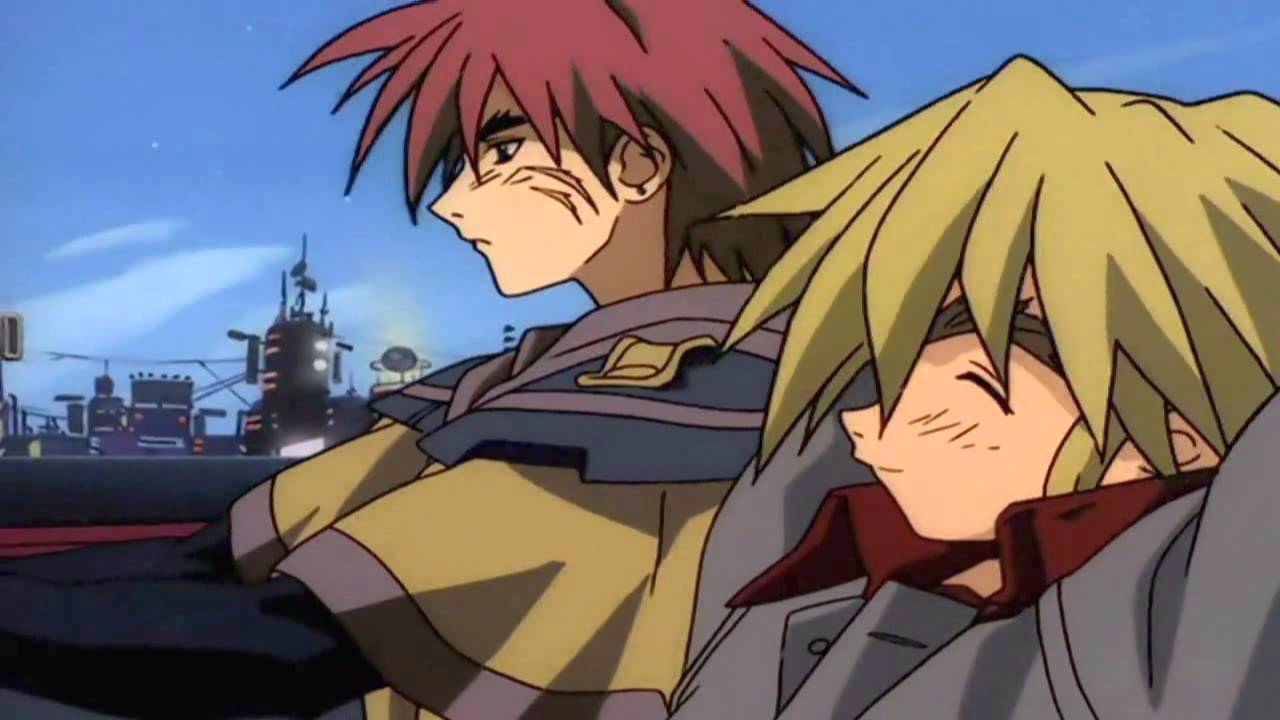
I want to finish with the anime trope of all anime tropes. That trope that's become so omnipresent that even folks who never watch anime sometimes know it, and one that's both a character trope and a general trope. Yeah, you guessed it - Moe! Moe is the bane of anime's existence in many ways - the industry's obsession with finding new ways to serve it up to hungry Blu-ray buyers has strangled the medium creatively. But the irony is that the word has largely lost its original meaning, morphing from the popular mindset into a kind of generic hyper-cuteness mixed with sexual attractiveness (often for underaged girls).
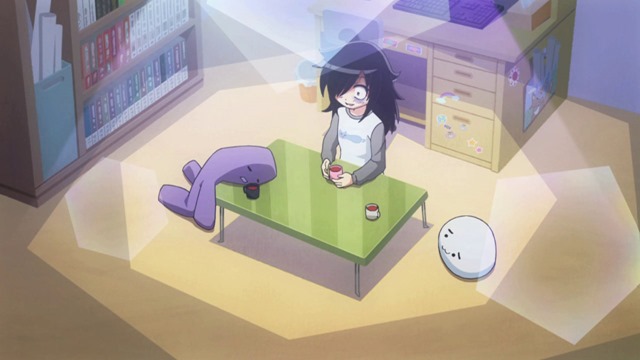
The character I'm going to cite as the best example for moe is one rarely identified with it - Tomoko Kuroki from Watamote. I picked her because, for me, Tomoko (who is ironically obsessed with anime tropes herself) is everything moe actually is and not what it's devolved into. She's a character who inspires (in me, anyway) deep compassion and the urge to protect, because she's so transparently a lost soul who's her own worst enemy. Tomoko is an example of moe as a trope, not a marketing term - and in that context moe is by no means limited to girls (Tarou-kun from Ghost Hound is as moe as it gets). And anime, as a medium, is much better off when anime tropes and character tropes don't get treated like marketing terms.

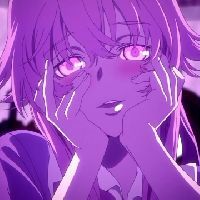
![What The Hell Is a Fujoshi? [Meaning]](https://cdn.myanimelist.net/s/common/uploaded_files/1469525723-e33b09c2166a2bc4c1290b64b474a384.jpeg)

